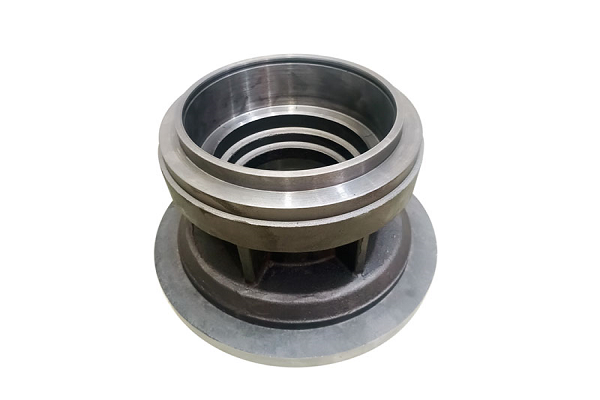
Mixer Grinder Die Mould
A mixer grinder die mould is a pivotal component in the production of mixer grinders, which are essential kitchen appliances used for various food preparation tasks such as mixing, grinding, and blending. The die mould itself is a precision-engineered tool made from durable materials that ensures the consistency and quality of the final product. It plays a crucial role in shaping the components of the mixer grinder body, jars, and other parts that are molded for assembly. The efficiency and effectiveness of the die mould directly impact the manufacturing process, making it an essential focus for manufacturers aiming for high-quality kitchen appliances.
The design of a mixer grinder die mould involves intricate engineering to accommodate various parts of the machine, including the motor casing, jar interfaces, and lid attachments. These components need to fit together seamlessly to ensure the mixer grinder operates efficiently. The moulds are typically crafted from high-quality steel or aluminum, which can withstand the high pressures and temperatures involved in the molding process. Moreover, the design must account for features like ventilation for cooling, as well as ejection mechanisms to allow for easy removal of the finished parts once they have cooled down and solidified.
Additionally, the production process of die moulds is precise and often involves advanced technologies such as Computer-Aided Design (CAD) and Computer Numerical Control (CNC) machining. These technologies enable manufacturers to create complex designs with high tolerances that ensure the parts will fit together perfectly. The development of a die mould may require iterative testing and modifications to address any issues related to the molding process or the functionality of the final product. This attention to detail is critical, as any defects in the mould can lead to flawed parts, subsequently affecting the performance and safety of the mixer grinder.
In conclusion, the mixer grinder die mould is an indispensable element in the manufacturing of this popular kitchen appliance. Its design and construction significantly influence the quality and efficiency of the production process. As consumer demands for durable, reliable, and multifunctional kitchen appliances continue to rise, the importance of precision-engineered die moulds becomes increasingly vital. Manufacturers must invest in advanced technologies and skilled labor to produce high-quality die moulds, ultimately ensuring that the final products meet consumer expectations and industry standards.
REQUEST A QUOTE



